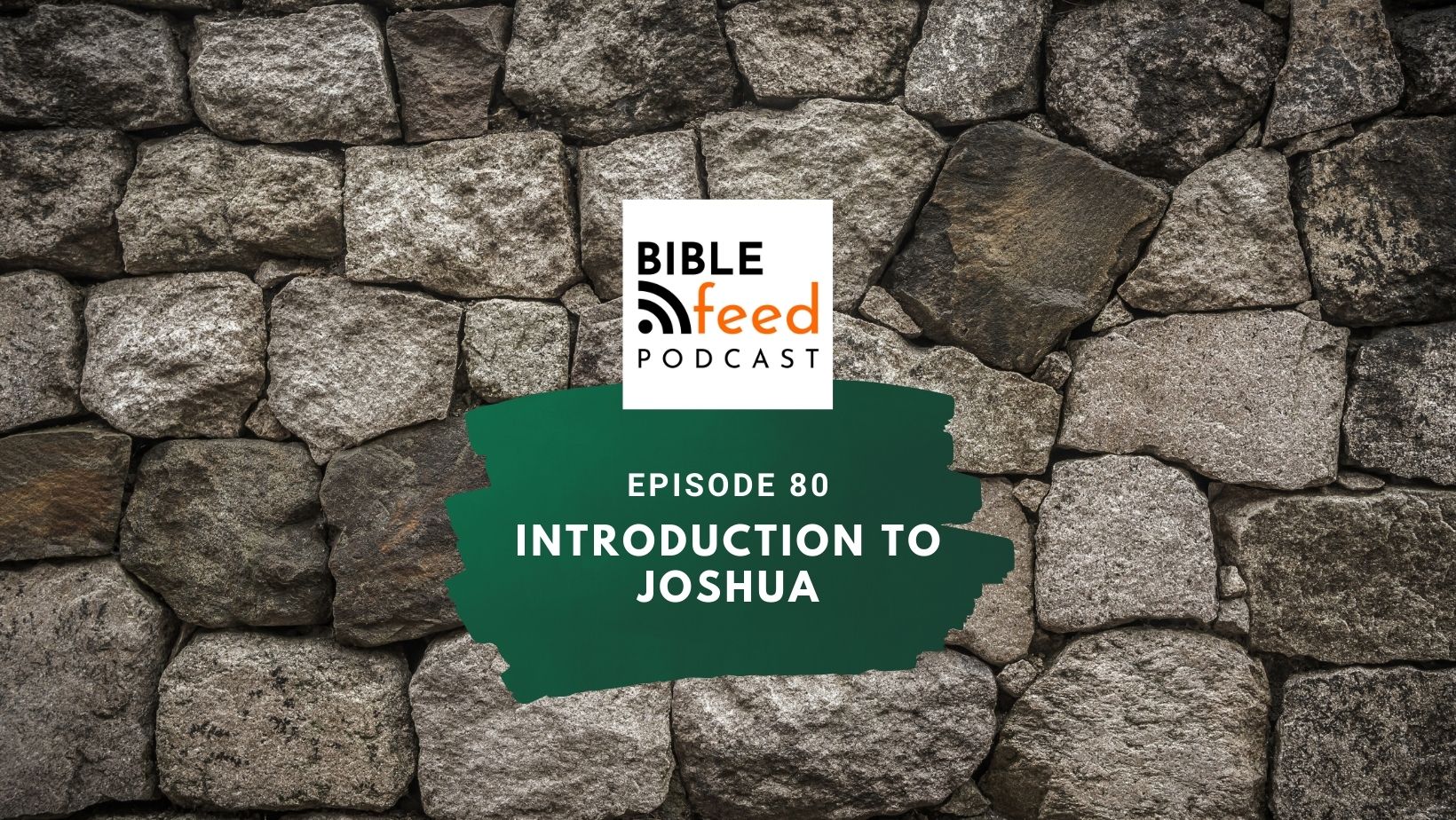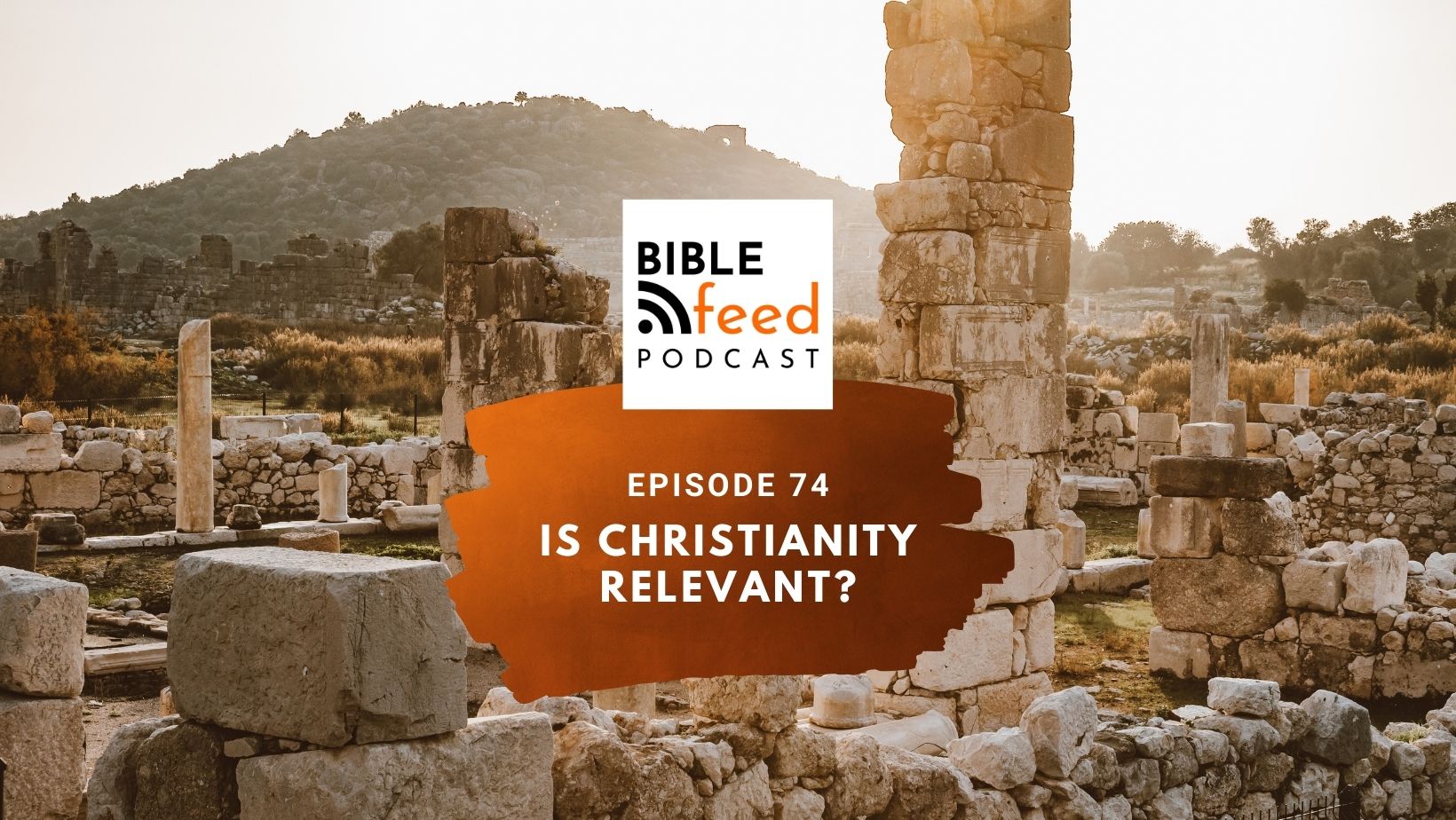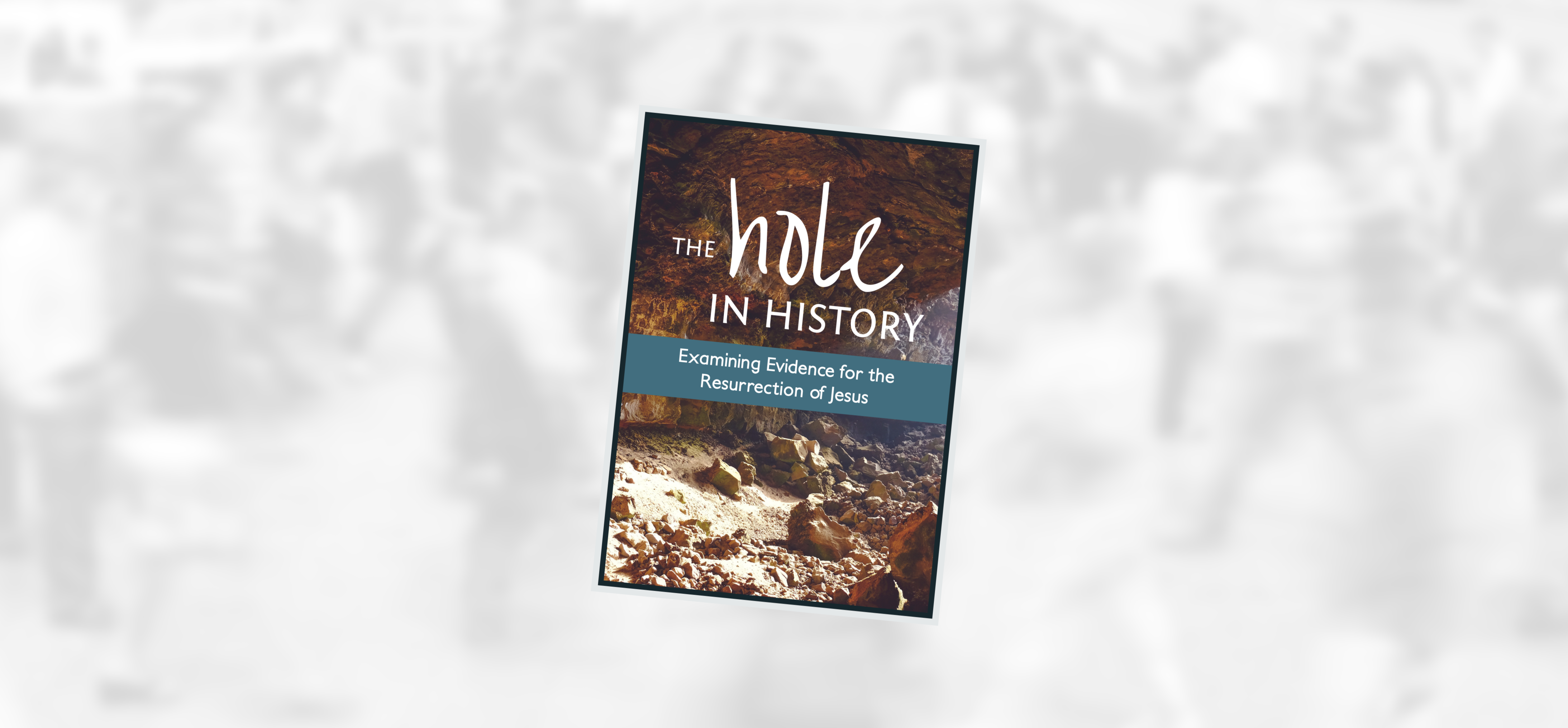The book of Joshua is difficult and sometimes controversial. By examining its structure and themes that lead us to some surprising key characters, like Rahab and the Gibeonites, we discuss the moral and historical complexities in this introduction to the book of Joshua.
We chat to author, Martha Sales, about her zany novel, The Enormous Tiny Experiment, and how a perfect world free from suffering is all but impossible. The conversation ranges from the New Atheists and questions about suffering to plate tectonics, go-karts and the universal existence of morality.
Paul chats to Mark Vincent, the author of a small book with big ambitions, entitled Life's Biggest Questions. They talk about how the book came about and step through some thoughts on those major questions - Where did we come from? Why are we here? Where are we headed?
If God exists, wouldn't he have made his presence known beyond doubt to everyone? And yet, so many people do not believe. Here we explore divine hiddenness and find a logical and rational story of meaningful relationships rather than a God of coercion and manipulation.
Looking back beyond the very beginning of time might bend your mind, but it's well worth the strain on your brain since it gives good reason to believe that something eternal, everywhere present and all powerful exists! Perhaps, it's God?
The question that lies at the foundation of everything else that we talk about at Bible Feed – Is there a God? Paul Davenport and Sam Day explore three of the classic arguments for the existence of God and the common objections to them. Do you find them compelling? Which do you think is the most powerful?
The Hole in History is a short book that systematically goes through the evidence for the resurrection of Jesus in a clear and accessible way.
Is faith a simplistic, blind belief in something? Is it a gift that some people have and so are able to trust in something without question or doubt? Or does it require evidence which is open to doubt, questions, even confusion? Josh Dean and Paul Davenport discuss some Biblical examples of faith and find that it really is not so simple after all.
We can’t perceive God directly, but we may be able to find reasons to believe that he is out there. Just as with many other things that we can’t see or hear, yet are convinced of their reality. So how about spending a bit of time looking for evidence that God exists?







